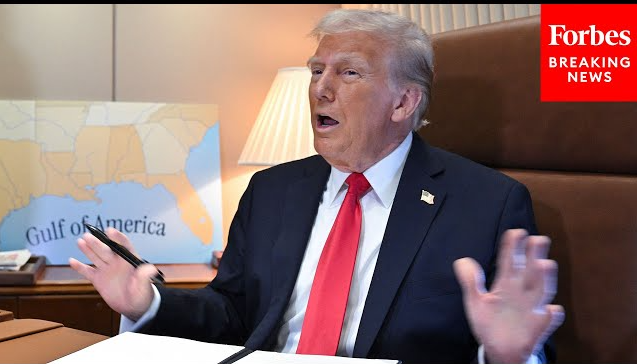President Donald Trump’s recent actions have raised concerns about the balance of power among the branches of the U.S. government, prompting discussions on what constitutes a constitutional crisis.
Expansion of Presidential Authority
President Trump has undertaken several initiatives that challenge traditional checks and balances:
-
Unilateral Policy Decisions: The administration has implemented policies without Congressional approval, such as suspending immigration laws and dismissing key personnel, actions that some argue overstep executive authority.
-
Restructuring Federal Agencies: The creation of the Department of Government Efficiency (DOGE), led by Elon Musk, aims to overhaul federal agencies like the U.S. Agency for International Development (USAID). This restructuring has faced legal challenges, with concerns about its constitutionality and potential conflicts of interest.
-
Interference with Judicial Orders: The administration has been accused of defying court orders, such as a federal judge’s directive to restore frozen funds, raising fears of undermining judicial authority.
Potential for Constitutional Crisis
A constitutional crisis arises when actions by the executive branch threaten the separation of powers and the rule of law. Legal experts and lawmakers express concern that President Trump’s recent actions could lead to such a crisis:
-
Defiance of Judicial Authority: Ignoring court orders undermines the judiciary’s role and could erode public trust in the legal system.
-
Expansion of Executive Power: Unilateral decisions and restructuring efforts without Congressional consent challenge the legislative branch’s authority, potentially upsetting the balance of power.
-
Political Backlash: Critics argue that such actions could lead to increased polarization and weaken democratic institutions.
Legal and Political Responses
In response to these developments:
-
Legal Challenges: State attorneys general and advocacy groups are preparing to challenge the administration’s actions in court, aiming to uphold constitutional principles.
-
Congressional Oversight: Some lawmakers are calling for increased oversight to ensure that executive actions comply with constitutional limits.
Conclusion
While President Trump’s actions have sparked significant debate, whether they constitute a constitutional crisis depends on their long-term impact on the separation of powers and adherence to the rule of law. Ongoing legal and political processes will be crucial in determining the constitutional implications of these developments.
